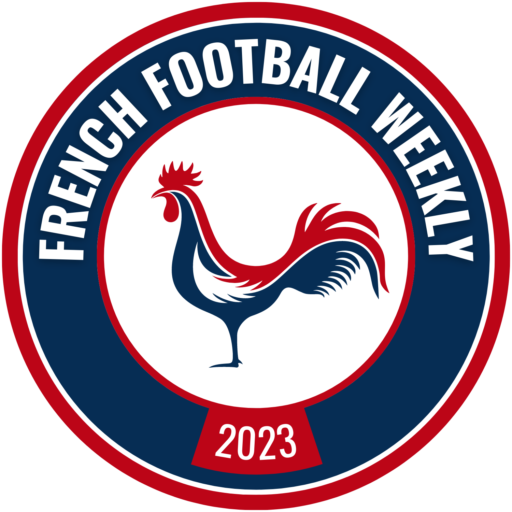ARTICLE AD
In recent days, the subject has come back to the table and has once again caused controversy. During this month of Ramadan, the month of fasting for all Muslims around the world, French football is observed. If in other countries, the federations have decided to adapt to facilitate this religious practice, the FFF remains in its positions. Like last year, no breaks during matches will be allowed to allow players to break their fast. And in the middle of the international break, the French football body has also set a framework for all its teams. And that's a lot of talk. “Concretely, this means that we do not modify the conditions for exercising our selections for religious criteria. I passed this message to all the selections and I hope that it will be respected. Which is the case until now, with this principle, recognized including by religious authorities, which consists of saying that when you are in the national selection and in competition, it is possible to postpone your practice.explained Philippe Diallo, president of the FFF at Figaro.
Concretely, this means that the players summoned with France during this truce (from U16 to A) are prohibited from fasting. A decision which quickly attracted attention, particularly with the Mahamadou Diawara case. The OL player, called up with the U19s, refused to break his fast during this break and was therefore replaced in the final Bleuets list. He will therefore remain with Lyon for the next week. Precisely, during this month of Ramadan, the Rhone club decided to adapt to allow the players to better manage this period. In addition to providing dates, the club also sent a detailed program to the players concerned explaining how to break their fast with which food depending on the time of the matches. Support, in all categories, which greatly facilitates the performance of players.
The FFF, a decision that upsets the players
OL is not the only good student in Ligue 1. Other clubs are monitoring and in no way prohibiting the practice of fasting. This is particularly the case for PSG, Le Havre and even OM. The Marseille club has also made dietitians available to the players to provide specific support. Jean-Louis Gasset is also very attentive to the players during this period and speaks regularly with those concerned. Same story with Reims, which has adapted by offering personalized support. Meals are even made available to them in the morning, including for the training center, to allow them to have the necessary intake during the day. This is also the case in Strasbourg which offers several meals at different times for those who need to break their fast. In Ligue 2, several clubs have also decided not to give any specific instructions during Ramadan, such as Bordeaux, Dunkirk, Bastia, Annecy and Guingamp.
But if some clubs give players the freedom to fast or not, others have decided to set a precise framework. In Ligue 1, a club, in the youth categories, has decided not to call up players who decide to fast. They also cannot participate in morning training sessions, even if they want to. Another L1 club was more radical and decided to simply prohibit the practice of fasting for its players. Those who decide to do so may even risk being sanctioned. This is also the case for some Ligue 2 and National teams. A decision which seems to be close to the directives given by the FFF for the French teams. And among the A’s, this decision clearly upsets some players. Something that will inevitably still be talked about in the coming weeks.

.jpg) 9 months ago
58
9 months ago
58 
